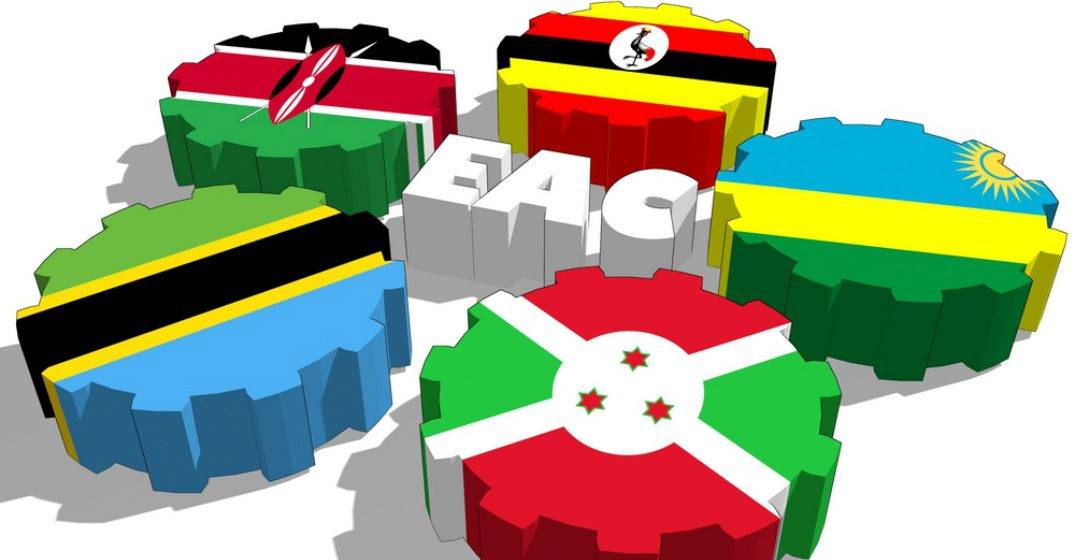EAC Single Currency Adoption To Take Longer Than Anticipated

The adoption of a single currency in the East African community may take longer than anticipated as the regional bloc has acknowledged that the progress has been slower than had been expected.
Partner states had earlier consented to four primary convergence criteria for at least three years before joining the bloc’s planned single currency in 2024: a ceiling on the overall fiscal deficit of 3 per cent of GDP, reserve cover of 4.5 months of import, ceiling on headline inflation of 8 per cent and a ceiling on gross public debt of 50 per cent of GDP.
Smack in the middle through the 10-year period during which partner states of the EAC community were expected to have an established system leading to the creation of the single currency, officials report that most member states are yet to achieve the final two criterion by 2021 as they have only managed to achieve the first two.
“We are currently undertaking an assessment on the feasibility of attaining the macroeconomic convergence criteria within the set time frame and a report to this effect will be discussed in January 2020,” said the Head of Monetary and Fiscal Affairs at the EAC Dr Pantaleo Joseph Kessy.
They further reveal that they are taking the necessary precautionary measures to avoid making economic mistakes as witnessed with the bad experience with a single currency in the European Union. Questions have frequently been raised on the viability of single currency more so in light of the lessons from the near British exit from the EU where it was seeking bailout while wallowed in debt.
Notably, the postponement has also been occasioned by lack of resources.
Kenyan economists and local traders earlier cautioned that the matter has to be handled with a lot of extra care as a single currency has the potential of exposing Kenya’s economic system to wider regional shocks.
“We are not ready for it. We just started integrating a few years ago and have not reached a level where we can trust all the political and economic decisions taken by our neighbors,” Mr George Arodi, an economist and export manager at Mabati Rolling Mills told Business Daily, adding that frequent shocks such as political violence and natural disasters have plagued member states on several occasions.
“Adopting a single currency means our exchange rates against currencies of other major export destinations such as dollar and euro will always be dependent on economic and political circumstances of our neighbors,” said Mr Arodi.
The task force on monetary union is made up of top officials from Treasury, Planning and EAC Affairs ministries and central banks.
Featured Image Courtesy: Umaizi